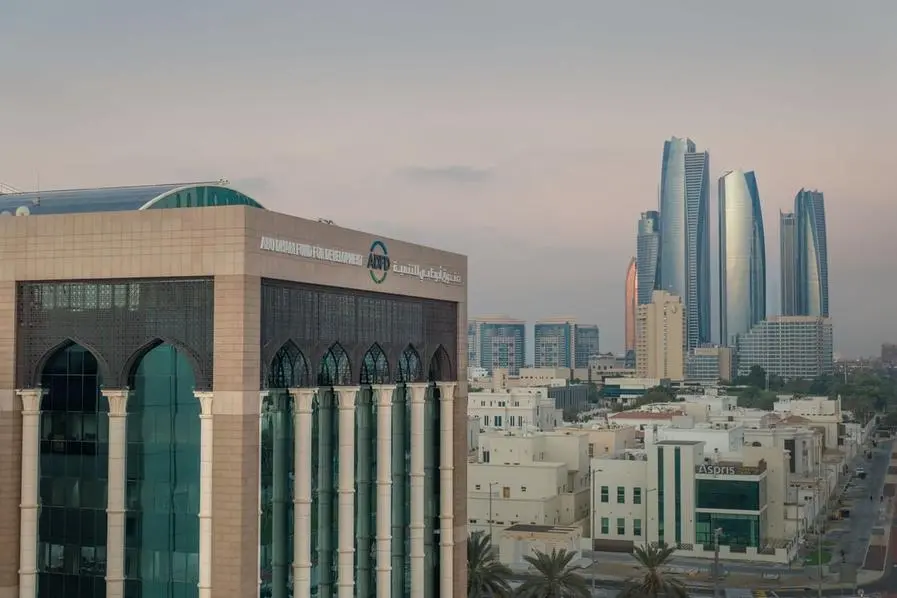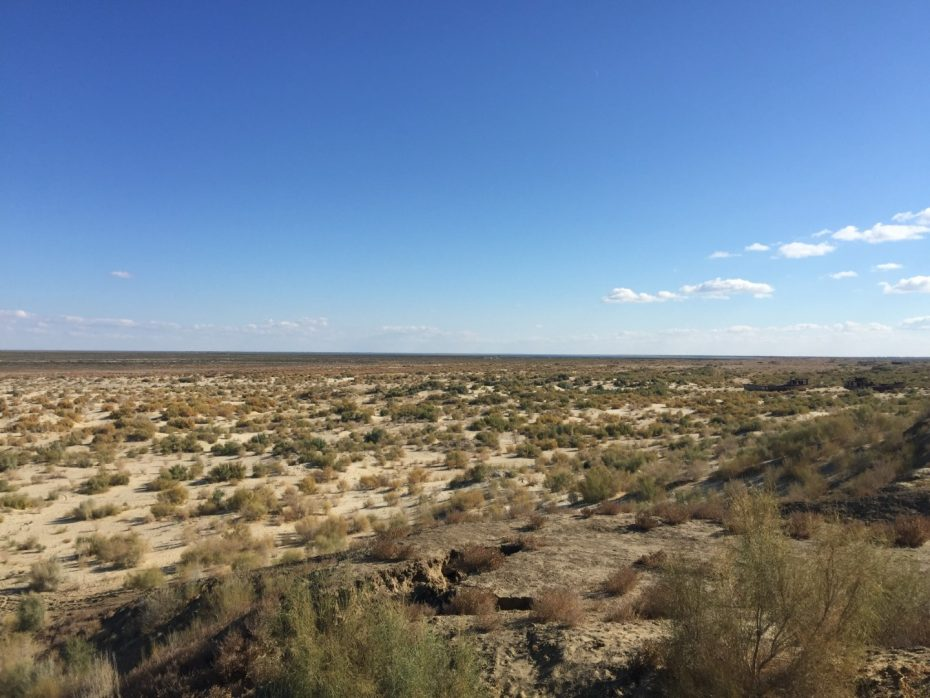On September 24, 2025, the Abu Dhabi Fund for Development (ADFD) inaugurated the Agricultural Production Systems Development Project in Karakalpakstan, Uzbekistan. This initiative marks a significant step in addressing the challenges faced by the region due to environmental degradation and aims to enhance agricultural productivity through sustainable practices.
Project Overview
The project, titled “Development of Sustainable Agricultural Production Systems in Degraded Areas of Karakalpakstan,” was launched in 2022 with a total investment of AED 18.7 million (approximately USD 5 million) from ADFD. Implemented in collaboration with the Government of Uzbekistan, the Ministry of Ecology, Environmental Protection, and Climate Change, the Ministry of Agriculture, the International Center for Biosaline Agriculture (ICBA), the International Innovation Center for the Aral Sea Basin (IICAS), and the Karakalpakstan Agricultural Research Institute (KARI), the project aims to introduce integrated agricultural systems to raise productivity, support local communities, and address the challenges of drought, desertification, and land degradation caused by the Aral Sea crisis.
Strategic Importance
Karakalpakstan, an autonomous republic in western Uzbekistan, has long struggled with the adverse effects of the Aral Sea disaster, including soil salinization, water scarcity, and declining agricultural yields. This project represents a concerted effort to rehabilitate degraded lands, enhance food security, and promote sustainable agricultural practices in the region.


Key Objectives
- Soil Rehabilitation: Implementing techniques to restore soil fertility and structure.
- Water Management: Introducing efficient irrigation systems to optimize water use.
- Crop Diversification: Promoting the cultivation of drought-resistant and saline-tolerant crops.
- Community Engagement: Training local farmers in sustainable agricultural practices.
- Environmental Protection: Mitigating the impacts of desertification and land degradation.
Technological Innovations
The project incorporates advanced agricultural technologies, including:
- Drip Irrigation Systems: To minimize water wastage and ensure efficient water delivery to crops.
- Soil Moisture Sensors: For real-time monitoring of soil conditions, aiding in precise irrigation scheduling.
- Hydroponic Farming: Enabling soil-less cultivation of crops, particularly in areas with poor soil quality.
- Solar-Powered Water Pumps: Reducing dependency on conventional energy sources and promoting renewable energy use.
Collaborative Efforts
The success of this project hinges on the collaborative efforts of various stakeholders:

- ADFD: Providing financial support and project oversight.
- Government of Uzbekistan: Facilitating policy support and local coordination.
- ICBA and IICAS: Offering technical expertise and research-based solutions.
- KARI: Conducting localized research and extension services to farmers.
This multi-faceted collaboration exemplifies a model of Triangular South–South Cooperation, combining resources and knowledge from different regions to address shared challenges.

Expected Outcomes
The anticipated outcomes of the project include:
- Increased Agricultural Productivity: Enhancing crop yields through improved practices and technologies.
- Enhanced Food Security: Reducing dependence on food imports by boosting local production.
- Economic Upliftment: Creating job opportunities and improving livelihoods for local communities.
- Environmental Sustainability: Promoting practices that conserve natural resources and protect ecosystems.
Broader Implications
This initiative aligns with Uzbekistan’s broader goals of sustainable development and environmental conservation. By rehabilitating degraded lands and promoting sustainable agricultural practices, the project contributes to the country’s efforts to combat climate change and achieve food security.
Conclusion
The inauguration of the Agricultural Production Systems Development Project in Karakalpakstan marks a significant step towards sustainable agricultural development in Uzbekistan. Through collaborative efforts and the implementation of innovative technologies, the project aims to transform the agricultural landscape of the region, providing a model for addressing similar challenges in other parts of the world.
Do follow UAE Stories on Instagram
Read Next – Nextchem Opens Regional Office in Abu Dhabi to Boost Energy Transition















